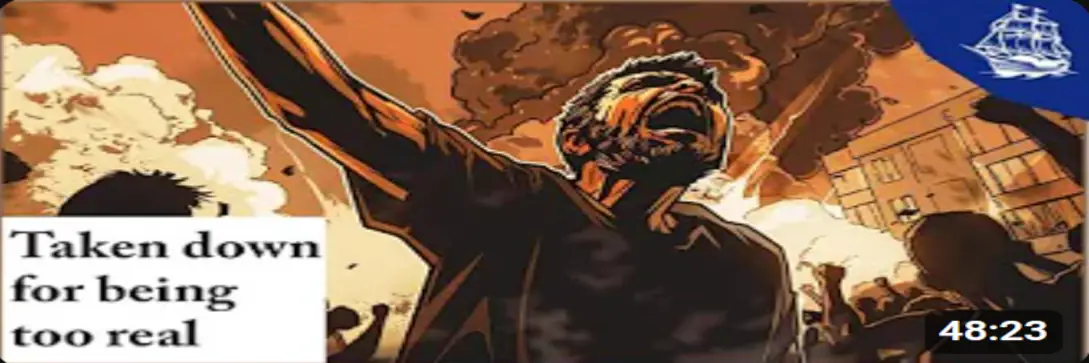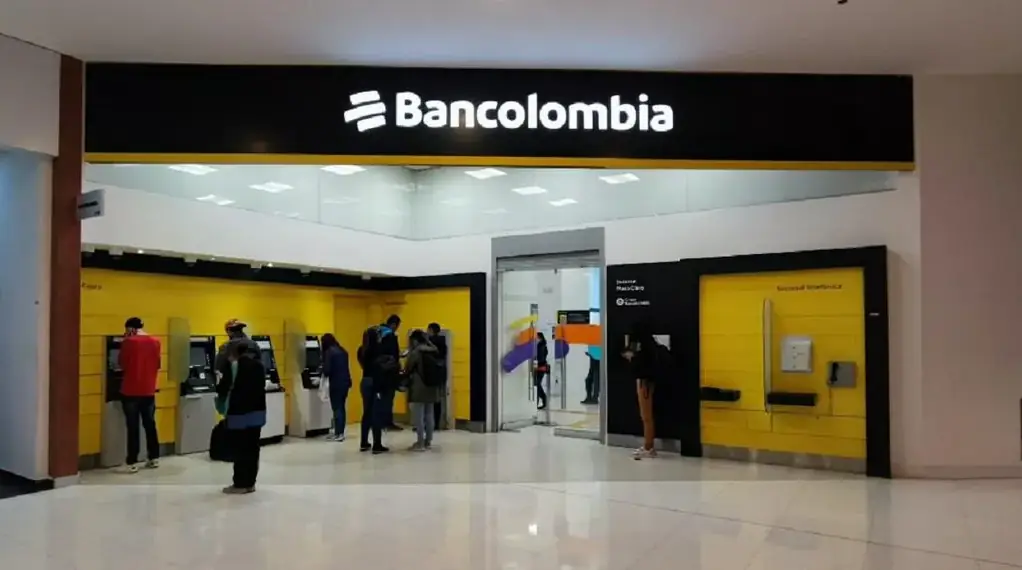Kofi Annan: Working together for a safer world
A world of glaring inequality is never going to be a fully safe world, says Kofi Annan. For millions of people, the threat of terrorism, or of weapons of mass destruction, is remote compared to the daily threat of poverty, hunger, unsafe water, environmental degradation and disease. But is the machinery of global governance up to the task of combating these threats to security and development? If not, what needs to change?
We have come to a decisive moment in history. The great threat of nuclear confrontation between rival superpowers is now behind us. But a new and diverse constellation of threats has arisen in its place. We need to look again at the machinery of international relations. Is it up to these new tests? If not, how does it need to be changed?
The events of the past year have exposed deep divisions among members of the United Nations on fundamental questions of policy and principle. How can we best protect ourselves against international terrorism and halt the spread of weapons of mass destruction? When is the use of force permissible – and who should decide? Does it have to be each state for itself, or will we be safer working together? Is preventive war sometimes justified, or is it simply aggression under another name? And, in a world that has become unipolar, what role should the United Nations play?
These new debates come on top of earlier ones that arose in the 1990s. Is state sovereignty an absolute and immutable principle, or does our understanding of it need to evolve?
How far is it the international community’s responsibility to prevent or resolve conflicts within states (as opposed to wars between them) – particularly when they involve genocide, “ethnic-cleansing” or other extreme violations of human rights? Do we have effective mechanisms for carrying out that responsibility?
These questions go to the heart of international peace and security. They cannot be left unanswered. Yet they are not the only questions. For many people they may not even be the most urgent.
In fact, to many people in the world today, especially in poor countries, the risk of being attacked by terrorists or with weapons of mass destruction, or even of falling prey to genocide, must seem relatively remote compared to the so-called soft threats – the ever-present dangers of extreme poverty and hunger, unsafe drinking water, environmental degradation, and endemic or infectious disease. These kill millions of people every year.
Let’s not imagine that these things are unconnected with peace and security, or that we can afford to ignore them until the hard threats have been sorted out. We should have learnt by now that a world of glaring inequality – between countries and within them – where many millions of people endure brutal oppression and extreme misery, is never going to be a fully safe world, even for its most privileged inhabitants.
If the common ground we used to stand on no longer seems solid, we must seek new common ground for our collective efforts. And we need to consider whether the UN itself is well suited to the challenges ahead.
Those are the tasks I have assigned to a panel of 16 highly respected and experienced people from all parts of the world, which held its first meeting in December. It is chaired by former prime minister Anand Panyarachun of Thailand, and includes outstanding experts on both security and development issues.
The panel’s role is threefold: to develop a shared analysis of current and future threats to peace and security; to prepare a rigorous assessment of the contribution which collective action can make in meeting these threats; and to recommend the changes needed to make the United Nations a legitimate and effective instrument for a collective response.
How, in particular, can the UN “take effective collective measures for the prevention and removal of threats to the peace”, which is one of its purposes, as defined in Article I of the Charter?
The panel will focus primarily on threats to peace and security. But it will also need to examine other challenges, in so far as these may influence or connect with those threats. That may mean looking not only at the Security Council, but also at the General Assembly and the Economic and Social Council.
It may even mean looking at the Trusteeship Council – one of the UN’s principal organs, but one without a function since the last of the “trust territories” became independent in 1994. Could this body perhaps find a new role, in the light of the new responsibilities the UN has recently been given in some war-torn countries?
Only the UN’s member states can decide such matters, but the panel can help them do so. I hope it will complete its report by autumn this year, so that I can make recommendations to the next session of the UN General Assembly.
If it does its work well, history may yet remember the current crisis as a great opportunity, which wise men and women used to strengthen the mechanisms of international cooperation, and adapt them to the needs of the new century.
Kofi Annan
Kofi Annan is secretary-general of the United Nations. He was awarded the Nobel Peace Prize in 2001.





